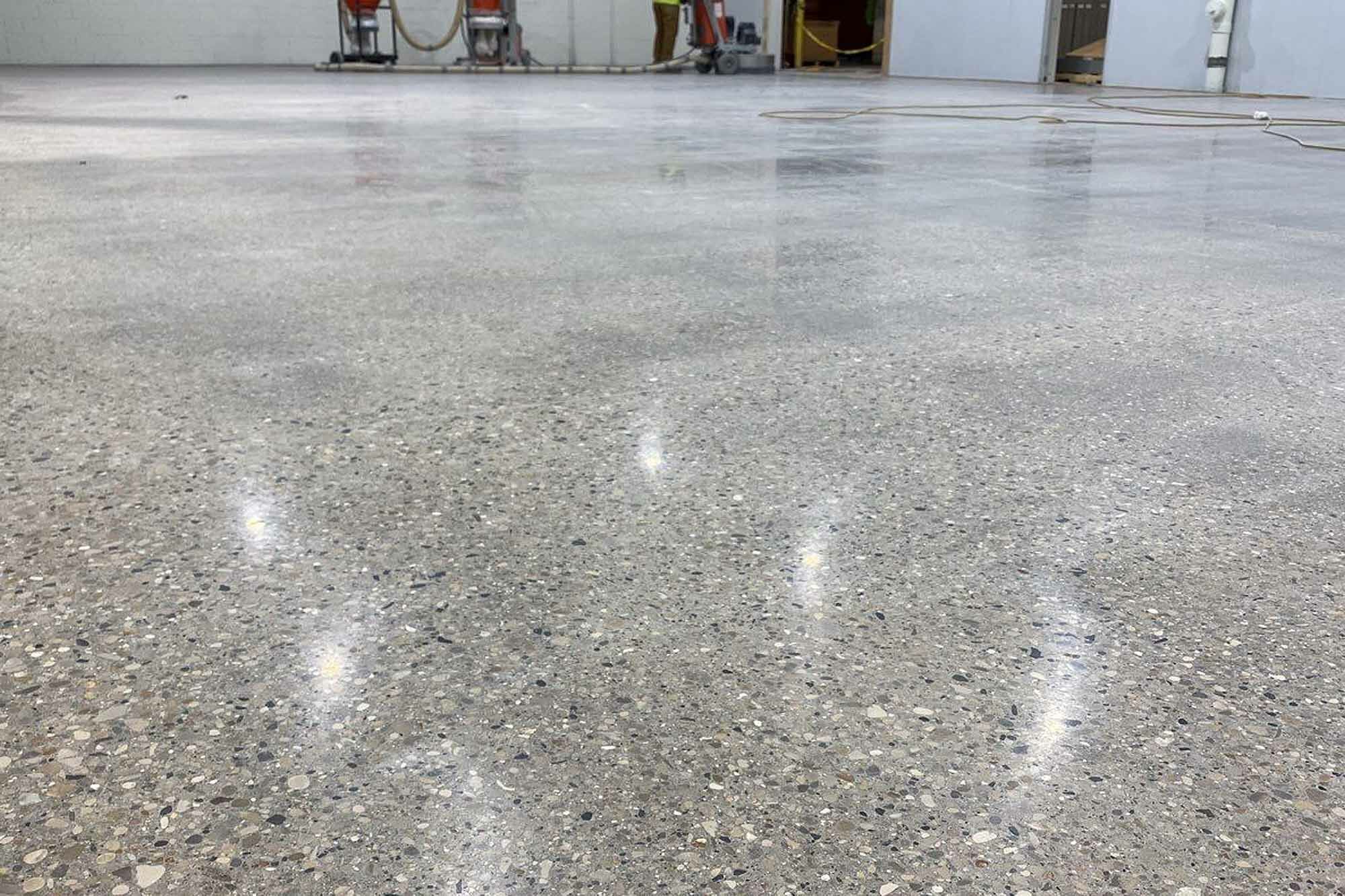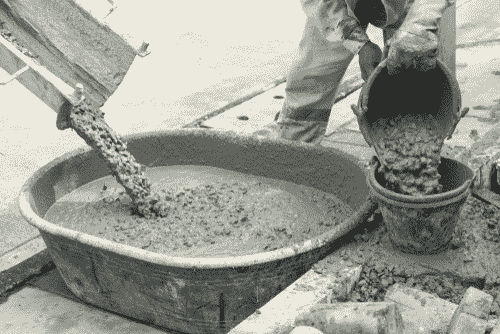Concrete Repair Service and Upkeep: Maintain Your Frameworks Strong and Resilient
Concrete Repair Service and Upkeep: Maintain Your Frameworks Strong and Resilient
Blog Article
Introducing the Eco-Friendly Advantages of Using Recycled Concrete in Sustainable Building Practices
In the world of sustainable building and construction methods, the use of recycled concrete stands as a critical yet frequently underestimated source. Past its traditional applications, recycled concrete offers a myriad of eco-friendly advantages that extend far beyond the boundaries of traditional construction products.
Ecological Benefits
By including recycled concrete right into building methods, there is a substantial reduction in the requirement for brand-new raw products, leading to preservation of all-natural resources. Additionally, the use of recycled concrete decreases the quantity of waste being sent to garbage dumps, thus reducing environmental pollution and relieving the strain on landfill abilities (Concrete).

In addition, the manufacturing of typical concrete is a substantial resource of carbon discharges due to the energy-intensive procedure of cement production. In comparison, recycled concrete has a lower carbon impact as it lowers the demand for new concrete manufacturing. This decrease in carbon exhausts contributes to mitigating climate adjustment and supports lasting construction methods. Overall, the environmental advantages of making use of recycled concrete are substantial and play a critical duty in promoting environmentally friendly construction techniques.
Cost-Efficiency
Attaining cost-efficiency is a paramount factor to consider when analyzing the application of recycled concrete in building and construction projects. One of the vital advantages of using recycled concrete is its cost-effectiveness compared to standard concrete.
Additionally, using recycled concrete can bring about cost savings in landfill costs by drawing away concrete waste from disposal sites. This not just decreases the ecological influence however additionally removes the costs linked with waste elimination. In addition, the resilience and efficiency of recycled concrete are similar to traditional concrete, ensuring that price financial savings do not jeopardize the top quality of the building.
Durability and Toughness
Considering the considerable cost-efficiency advantages of using recycled concrete, it is necessary to analyze its longevity and toughness in construction applications. Recycled concrete offers equivalent, if not exceptional, toughness and strength residential properties to standard concrete. Through innovations in handling methods and high quality control, recycled concrete can fulfill or surpass the efficiency standards of traditional concrete. The process of recycling concrete involves crushing, sorting, and evaluating old concrete to generate accumulations that can be utilized in brand-new construction projects. These recycled accumulations are qualified of supplying satisfactory compressive strength, durability, and long-term performance.

Waste Reduction
When it comes to making use of recycled concrete, waste reduction is a crucial Get the facts benefit that contributes considerably to environmental preservation. By integrating recycled concrete into building jobs, this waste is repurposed and diverted from garbage dumps, decreasing the general environmental impact of building and construction tasks.
Additionally, the use of recycled concrete can lead to cost financial savings for construction tasks, as it is typically much more affordable than sourcing and moving new products - Concrete. In verdict, waste reduction through the utilization of recycled concrete is an essential part of lasting building practices that benefits both the atmosphere and the building and construction sector as a whole.
Power Conservation
When it comes to utilizing recycled concrete in building and construction, significant energy savings are achieved contrasted to typical concrete production. The process of creating recycled concrete entails crushing and reusing existing concrete materials, which eats much less power than mining, processing, and transferring raw products for brand-new concrete manufacturing.
Verdict
To conclude, the utilization of recycled concrete in sustainable building techniques uses various ecological advantages, cost-efficiency, resilience, toughness, waste reduction, and energy conservation. By incorporating recycled concrete into building tasks, we can add to a more lasting and environmentally pleasant future. It is essential for the building industry to focus on using recycled products to help in reducing the environmental impact of building and construction tasks.
One of the essential benefits of utilizing recycled concrete is its visit their website cost-effectiveness compared read this to typical concrete.Furthermore, the usage of recycled concrete can lead to cost savings in landfill prices by drawing away concrete waste from disposal websites. The toughness and efficiency of recycled concrete are comparable to traditional concrete, ensuring that expense savings do not jeopardize the high quality of the building and construction.

Report this page